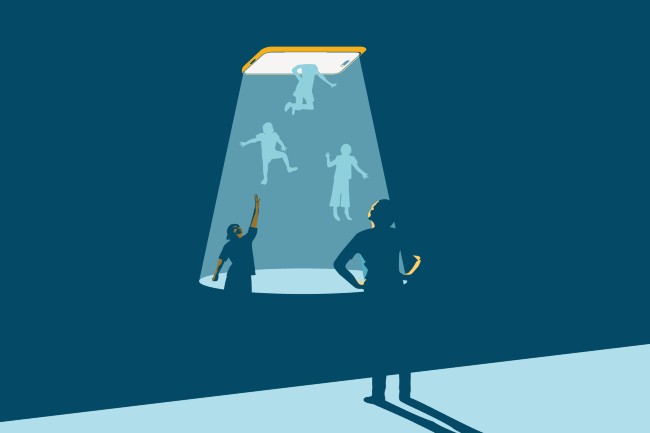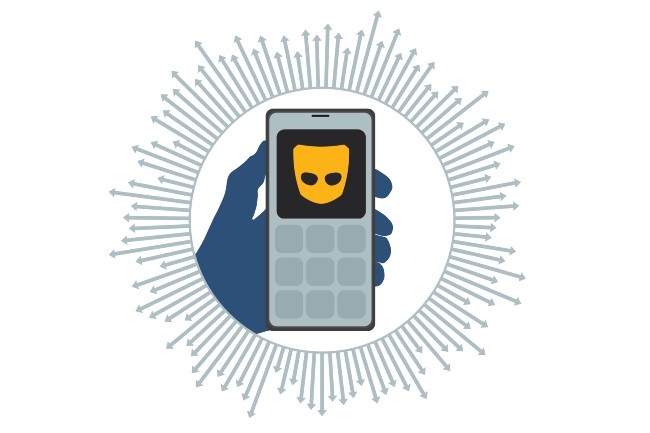Tech companies must be held accountable for exploiting children and adolescents
14. november, 2024
Children and adolescents are exposed to addictive mechanisms, toxic content, and massive commercial pressure on social media. Today the Norwegian Consumer Council is presenting a series of proposals to ensure a safer digital childhood.
in the report “Commercial exploitation of children and adolescents online”, the Norwegian Consumer Council outlines the risks that children are exposed to, what their rights are, and how we can create a safer digital childhood.
–It is overdue that the tech companies are held accountable, to ensure better and safer digital services for children and adolescents. We cannot abide business models based on comprehensive surveillance, infinite scrolling, and toxic content, says Inger Lise Blyverket, director of the Norwegian Consumer Council.
–For too long, children and adolescents have been left to themselves online. History shows that large companies do not change on their own initiative, and that strong regulation and significant sanctions are necessary.

The measures summarized
- Companies must be held accountable, including by being forced to remove addictive mechanisms, not amplify toxic content, and stopping illegal marketing practices.
- There must be strong, coordinated, and deterrent enforcement of current laws both nationally and internationally.
- Consumer protection laws must be updated where current rules are insufficient.
- Any potential age verification schemes must only be introduced if it adheres to numerous fundamental principles.
- Clear guidance must be provided for parents and children, including guidance on recommended age limits for social media.
–We already have laws that are meant to protect children. However, unless we have active enforcement, this is a paper tiger. Here we see a considerable room for action by both Norwegian and international authorities.
A warning against technical blocking of digital services
There are many ongoing discussions about whether to introduce technical measures to block or remove children and adolescents from certain digital services. In the report, the Norwegian Consumer Council cautions against rushing into such measures, and presents numerous principles that any such solutions must adhere to before potentially being implemented.
–Age verification may seem like a relatively simple technical solution to a larger problem, but involves significant challenges related to the rights of children and adolescents, including privacy, social and political participation, and the possibility to seek information, says Inger Lise Blyverket.
–It is also important to note that introducing such measures would require everyone to identify themselves online, which could mean that people over the age limit are exclud
ed. Many adolescents will also likely be able to circumvent such technical barriers.
Before considering introducing such technical barriers, several criteria must be fulfilled. This includes, among other things, that the use of an age verification system is proportional to the problem one wants to solve, does not lead to the exclusion of vulnerable groups and individuals, and that it safeguards security and privacy.

Øyvind H. Kaldestad
Kommunikasjonsrådgiver – digitale rettigheter og strøm

Finn Myrstad
Fagdirektør


